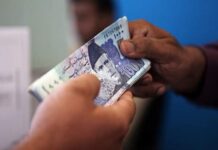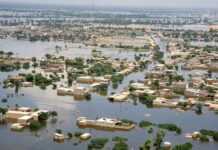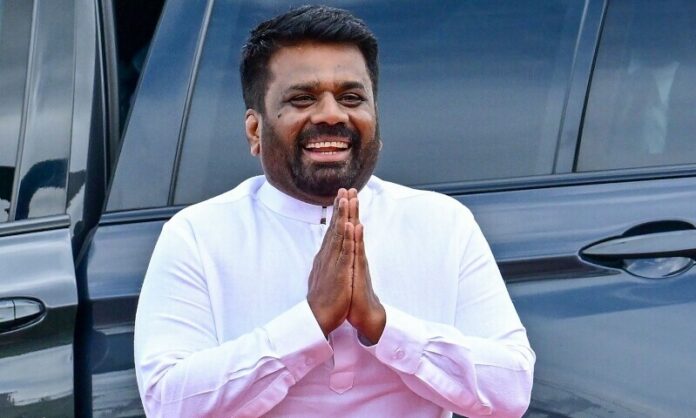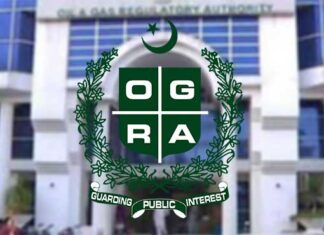Sri Lankan President Anura Kumara Dissanayake has backed the continuation of the International Monetary Fund (IMF) bailout programme, reversing his pre-election stance to renegotiate its terms.
In his inaugural address to parliament, Dissanayake emphasized the need to maintain economic stability and ensure adherence to agreements made by the previous administration under Ranil Wickremesinghe.
Dissanayake confirmed plans to finalize a staff-level agreement with the IMF by November 23, enabling the release of the next $330 million tranche from the $3 billion facility. The IMF team, currently in Sri Lanka, is conducting the third review of the four-year programme.
Debt restructuring agreements, a key IMF requirement, remain critical for maintaining debt sustainability. Separate agreements with bilateral and private creditors, including a 27% haircut on loans and 11% interest rate reductions, are expected to be finalized by year-end.
Sri Lanka initially sought IMF assistance after defaulting on its $46 billion external debt during the economic crisis in 2022. The bailout, secured in March 2023, required major reforms, including tax increases, subsidy cuts, and restructuring of state enterprises.
President Dissanayake reaffirmed his government’s commitment to fiscal discipline and inclusive economic development. Highlighting his party’s historic two-thirds majority in parliament, Dissanayake stressed accountability, justice, and public participation in economic recovery efforts.
He announced welfare measures addressing malnutrition, healthcare, and social care, pledging to protect all citizens.
The parliamentary session also marked a milestone, with first-time members Ashoka Ranwala, Rizwie Salih, and Himali Weerasekera elected to key leadership roles, reflecting the government’s focus on grassroots reform. Speaker Ranwala, a chemical engineer and former trade union leader, represents the National People’s Power (NPP) party’s rise through decades of public activism.
Dissanayake’s government continues to prioritize economic stabilization while addressing immediate challenges, ensuring equitable growth, and fostering unity across Sri Lanka’s diverse population.
























